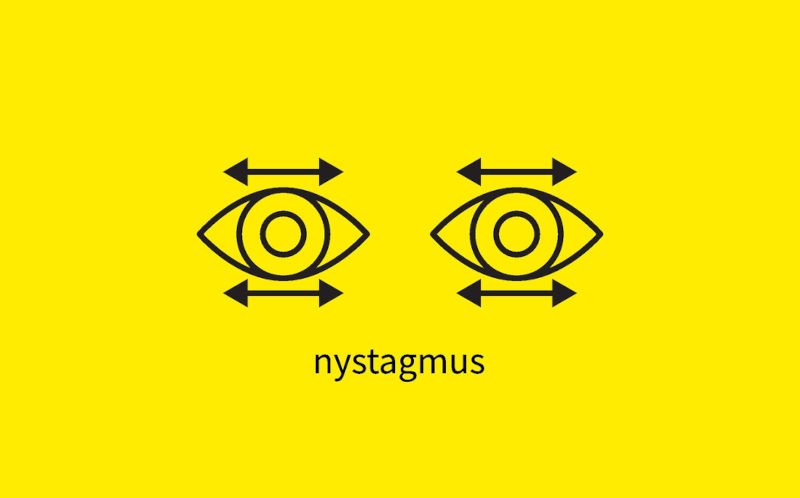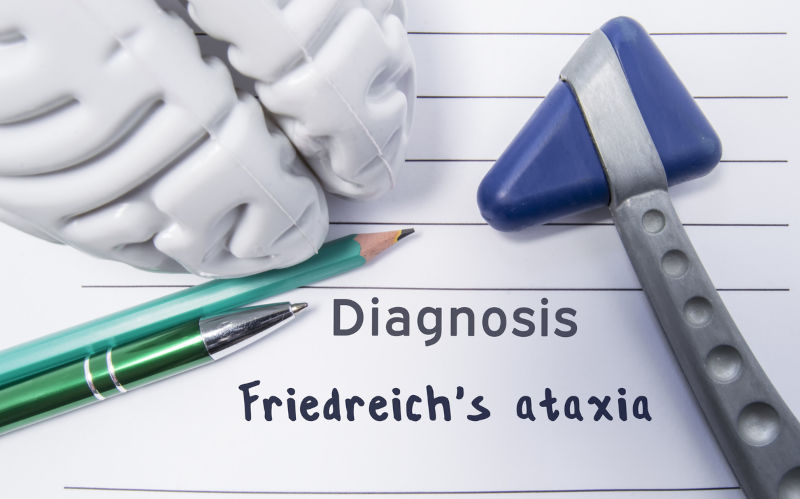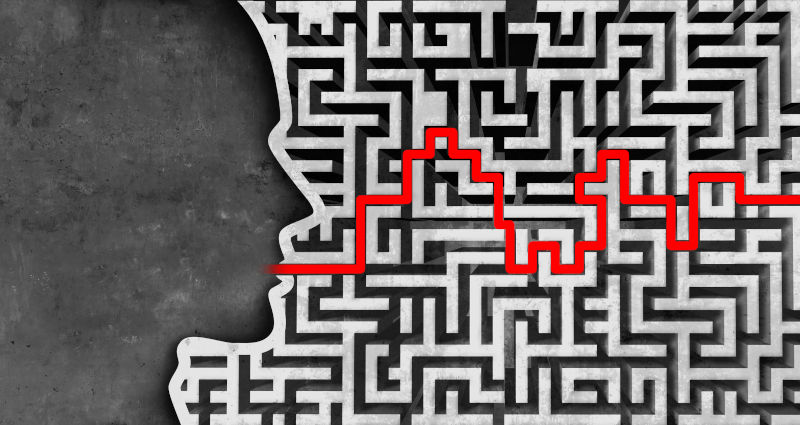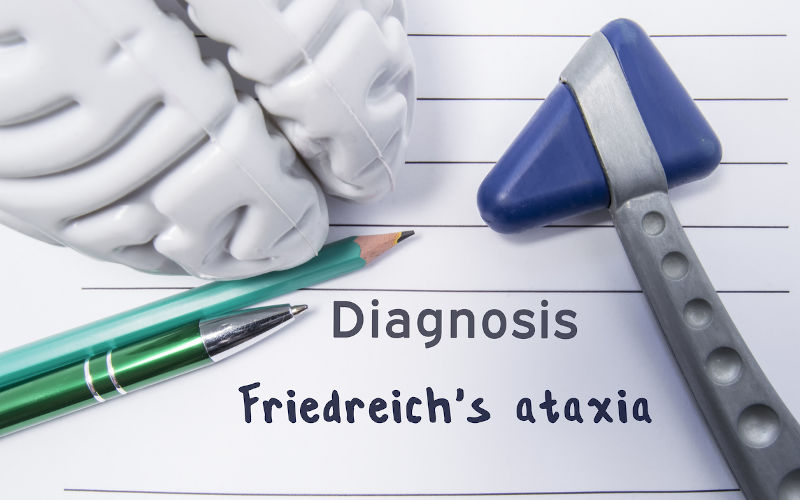Peter's recent articles

30 March 2024
On the mystery of Easter, my life goes on
Here I write as a 62-year-old person, formulating the persistent issues of my life by giving my ongoing attention to Friedreich’s Ataxia. I can hardly avoid doing this because it has so shaped my entire life since it’s onset when I was 14 - that means I have had to deal with it for nearly half a century - I never once dreamt or had nightmares that this condition would be partnering me so closely on life’s journey.

21 January 2024
Hallucinations and the endurance of unbearable torture
This article has been so difficult to write but I am convinced it needs to be said to open up discussion about how caring for the severely and progressively disabled proceeds in relation to any hallucinations that may come along as part of the disability. I am wanting to emphasize that treating and relating to people with severe and progressive disabilities means coming to terms with the very difficult issues of how our emotions, sub-conscious, conscious and related dreams and traumas are also caught up in very fluid chemical and bio-physical processes. My name is Peter Gibilisco, I am...

18 October 2023
Our mutual obligations in a mutually dependent society
I am glad the article of Professor Trevor Parmenter “Rights are necessary but insufficient for the achievement of the full inclusion of people with disabilities” (P&I Sep 22, 2023) has been published. I am writing to say so, but as I send this off, I realize that I am involved in the very inter-dependent reciprocity that he has identified so well for us.

20 February 2023
Disability can be progressive. Supportive regimes must be progressive too
In 2007, at age forty-four, I stood as a Senate candidate for Victoria in the federal election. In 2011, I moved into a shared support accommodation facility, where I suffered a severe loss of choice and control. Disability can be progressive. Supportive regimes for those subjected to physiological deterioration need to be progressive too. They must adapt continuously to meet the actual situation, and the distressing “development,” that the person is confronting.

6 January 2023
Friedreich's Ataxia: Impossible to cease its progression
I wish to write here in a frank and open way about the way the progression of Friedreich’s Ataxia (FA) has severely impacted the proceedings of everyday life, I am now 60 years old and the progression is well advanced. I am writing from the standpoint of what those in my profession of sociology would say is “participant observation.”

30 November 2022
Disability is not a hobby: our mutual obligation to society is paid richly and in full
Why shouldn’t my participation in the development of (disability) social policy through academic research and writing - voluntary or not - be viewed as a substantial contribution to Australia? I do not understand “mutual obligation” in the individualistic way that government and neo-liberal social policy interprets it.

10 October 2022
Technological revolutions and the need for human interaction
Vast technological revolutions have improved people’s lives to a phenomenal degree. Do I dare to think about what my life would be like without these positive developments?

13 August 2022
My life with Friedreich's Ataxia - some autobiographical reflections
I can still remember some events quite well of my early life when I was seven. For example, let me tell you about trying to ride a bicycle. It took me a while and took me some time before I got to master it. It was no easy feat.

20 March 2022
Is it people with disability or people with disabilities
The term people with disability as it is so often used when discussion turns to the rights of people sounds misleading and incorrect to me.
22 August 2021
Friedreich's Ataxia and some severe aspects of aging
My days starts with a smorgasbord of problems arising from my body's ongoing bout with Friederichs's Ataxia. I can now do less than ever. Friederichs's Ataxia has restrained every muscular movement in my body. It's been a problem for me for decades and is the persistent problem of my life.
